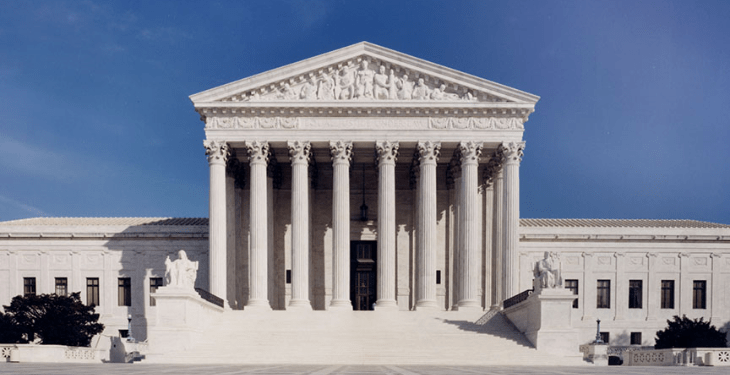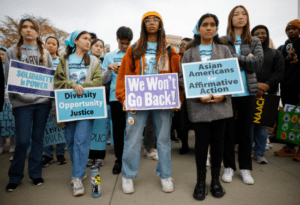
The Supreme Court of the United States will hear a case on affirmative action in college admissions. The case, Students for Fair Admissions v. Harvard, challenges Harvard University’s admissions policies, which the plaintiffs allege discriminate against Asian American applicants.

Legal experts and civil rights groups have been keeping a close eye on the case. A ruling against Harvard could have a major impact on affirmative action programs across the country.
Affirmative action is a policy that seeks to increase opportunities for historically underrepresented groups. It is often used in college admissions, where it can give preference to applicants from minority groups.
Harvard’s admissions policies take race into account as one factor among many, including grades, test scores, extracurricular activities, and letters of recommendation. The plaintiffs argue that Harvard’s use of race is discriminatory and violates the Equal Protection Clause of the Fourteenth Amendment.
Harvard has defended its admissions policies, arguing that they are necessary to create a diverse student body. The university says that a diverse student body is essential for academic excellence and for preparing students for a globalized world.
The Supreme Court will hear oral arguments in the case in October 2023. A ruling is expected in June 2024.
The case is a major test of affirmative action in the United States. A ruling against Harvard could have a significant impact on affirmative action programs across the country.
The case has been met with mixed reactions. Some people believe that affirmative action is necessary to ensure that all groups have equal opportunities. Others believe that affirmative action is unfair and discriminates against Asian Americans.
The Supreme Court’s ruling in the case could have a major impact on the future of diversity in higher education. If the court rules against Harvard, it could lead to a decline in affirmative action programs across the country. This could make it more difficult for minority students to gain admission to selective colleges and universities.
However, if the court rules in favor of Harvard, it could help preserve affirmative action programs. This would help to ensure that all groups have equal opportunities to attend college and to succeed in higher education.
Legal experts and civil rights groups are likely to keep a close eye on the case. A ruling against Harvard could have a significant impact on affirmative action programs across the country. It is also likely to be a major issue in the upcoming midterm elections.
The future of affirmative action in the United States is uncertain. The Supreme Court’s decision in the Students for Fair Admissions v. Harvard case may have a significant impact on this issue. People from all over the country are likely to be following the case closely.
Here are some additional details about the case:
- The plaintiffs are Students for Fair Admissions, a group that advocates for merit-based admissions.
- Students for the Fair Admissions group
- The defendants are Harvard University and its president, Lawrence Bacow.
- The case was filed in 2014.
- The Supreme Court agreed to hear the case in 2022.
Legal experts and civil rights groups are likely to keep a close eye on the case. A ruling against Harvard could have a major impact on affirmative action programs across the country.
The case is also significant because it is the first time that the Supreme Court will hear a case on affirmative action in college admissions since 2003, when it ruled in favor of affirmative action in the case of Grutter v. Bollinger.
The outcome of the case is uncertain, but it is clear that the Supreme Court is taking a close look at affirmative action in college admissions. A ruling against Harvard could have a major impact on affirmative action programs across the country, and it could also have a significant impact on the future of diversity in higher education.






